#forest poetry
Photo
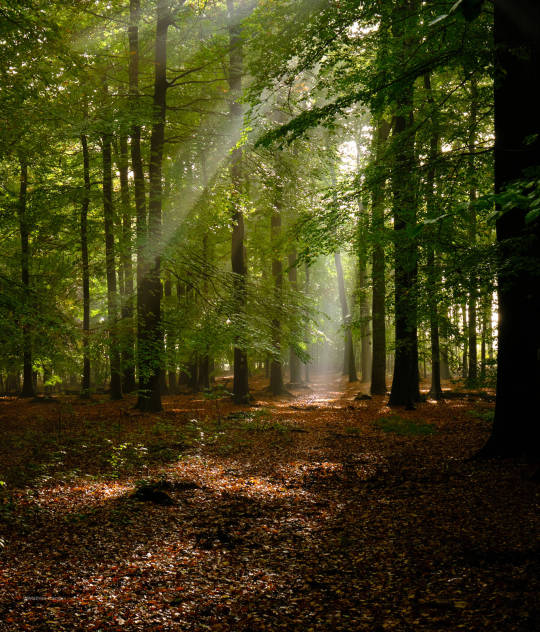
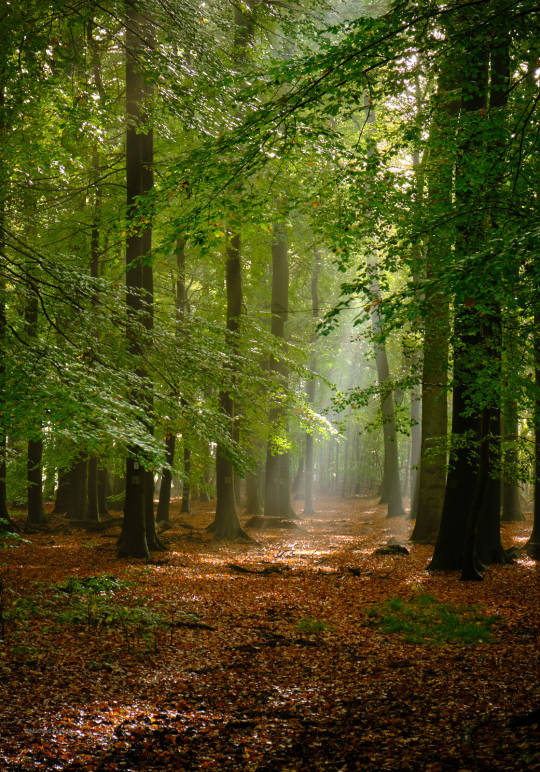
The magical moment
#photographers on tumblr#original photographers#woodlands#forest poetry#when the sun breaks through#haze#autumn forest
2K notes
·
View notes
Text
seeing a windthrow + thinking about hozier = new poem out
#Poetry#poem#writer#my writing#creative writing#writers on tumblr#writing#dark academia#creative#art#spilled poetry#poet#forest poetry
3 notes
·
View notes
Text
“tired of where I am but don’t know where to go”
i just want to decompose
i’m tired of continuing on
let the earth claim my bones
i want the world to stop
every day is the same as the last
today is just a continuation of my past
so let me rot here in my bed
or i will go insane instead
#am i just tired or does the world suck?#tired poetry#the world is still spinning#i’m so close to just disappearing#might go live in the woods#or i’ll just dye my hair again#original poem#notes app poetry#poetry#depressed poetry#goblincore#forest poetry
7 notes
·
View notes
Text
A Prey’s Guide to The Forest
When walking through a forest, one must know the rules.
The forest lives and breathes, deadly for fools.
Listen for the rustling of dried leaves.
They’re under your feet, or dancing in the breeze.
Listen to the birds sing, their voices love to scatter.
If you whistle back, you’ll cause quite the chatter.
Listen for the bubbling of a flowing spring.
The water is the blood, filling veins with life to bring.
When walking through a forest, you must be smart.
You should hear the drum of the forest’s beating heart.
But if the forest falls silent,
if the forest falls still-
run.
23 notes
·
View notes
Text

before the otherness came
#hozier#hozier songs#hozier fans#forest#forest vibes#forest poetry#hozier quotes#dark academia#light academia#academia#dark academia vibes#poetry#books#reader#writer#book#poem#poet#reading
12 notes
·
View notes
Photo
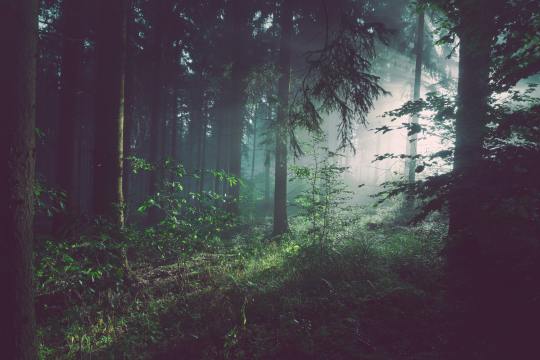
I need to dwell in the forest
immerse into the crisp air
a hue of misty green and blue
so that I can lay my mind to rest
while the tiny pitter-patters
of small creatures assemble
and echo all around
inside the walls of our trees
- a falcon screams.
~ L.B. | “tree walls” | 24 Jan. 2022
#sarvatura#sarvamentu#spilled ink#spilled poetry#spilled words#dreams#nature poetry#nature poem#forest#tree poetry#forest poem#forest poetry#poetry community#poem#poems and poetry#solitude#poetblr#poemblr#poets of the netherlands#poets on tumblr#poets corner#poets of the world#writeblr#poetry#short poem#short poetry
12 notes
·
View notes
Text

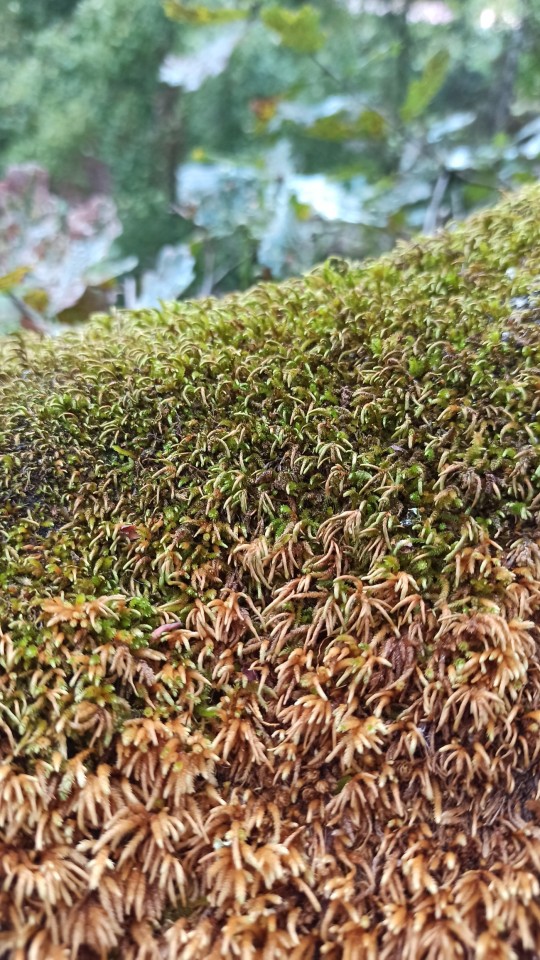
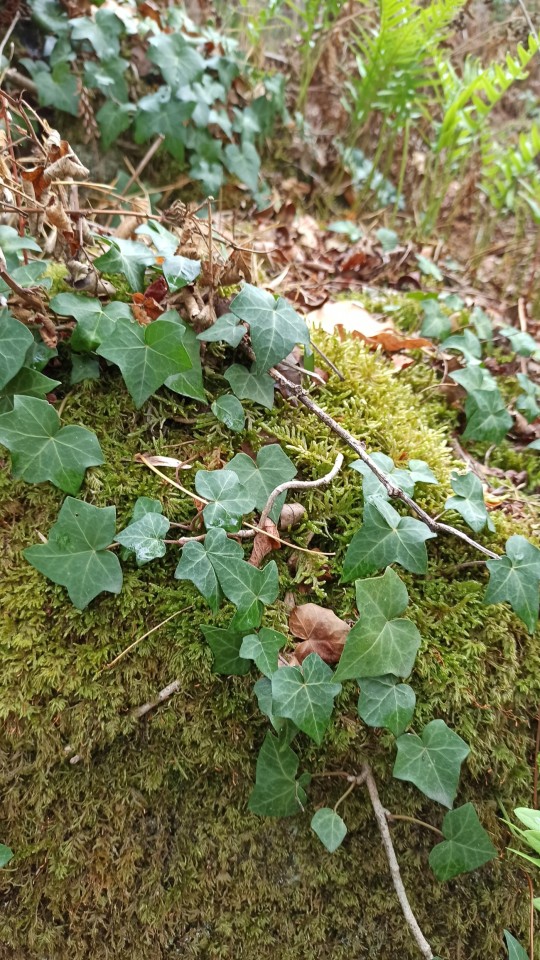

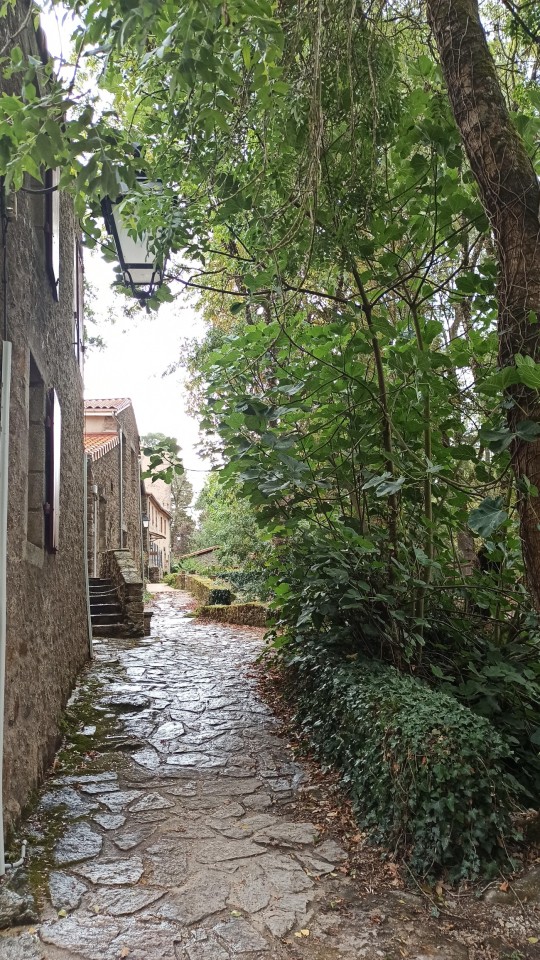
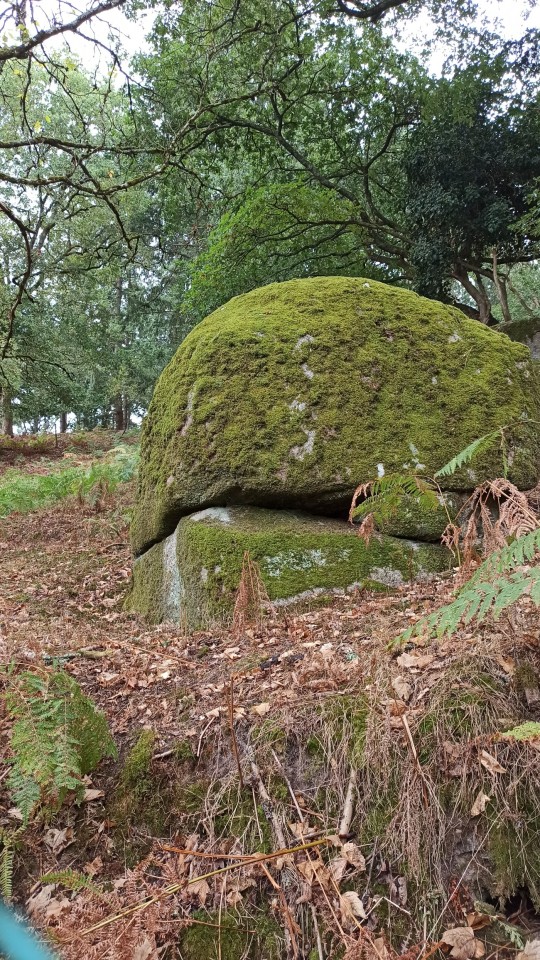
Walking in the forest is a real sensory adventure. Live it 100%.
Listen to the birds sing.
Smell.
Feel the earth beneath your feet.
Hear the rain.
Touch.
Admire the details.
Let your soul be at peace.
5 notes
·
View notes
Photo

I thought the earth
remembered me, she
took me back so tenderly, arranging
her dark skirts, her pockets
full of lichens and seeds. I slept
as never before, a stone
on the riverbed, nothing
between me and the white fire of the stars
but my thoughts, and they floated
light as moths among the branches
of the perfect trees. All night
I heard the small kingdoms breathing
around me, the insects, and the birds
who do their work in the darkness. All night
I rose and fell, as if in water, grappling
with a luminous doom. By morning
I had vanished at least a dozen times
into something better.
(mary oliver, sleeping in the forest)
#my art#art#illustration#mary oliver#sleeping in the forest#poetry#body horror#plants#botany#fungi#artists on tumblr#lgbtq#lgbtq art#queer art#wlw art
35K notes
·
View notes
Photo

gäsbock humour
0 notes
Text

Mary Oliver, from The Selected Poems of Mary Oliver; "Sleeping In The Forest,"
2K notes
·
View notes
Text
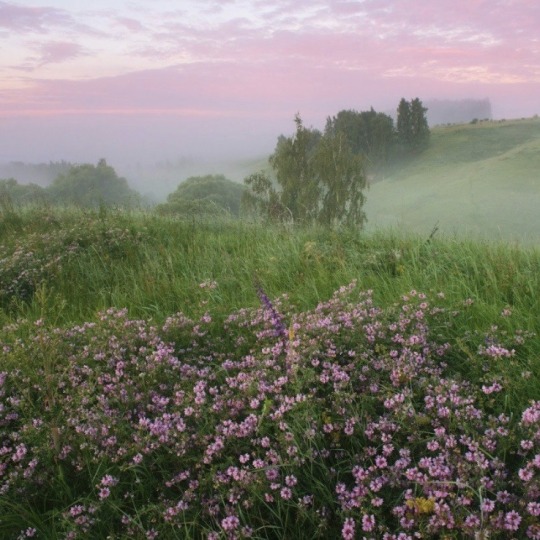
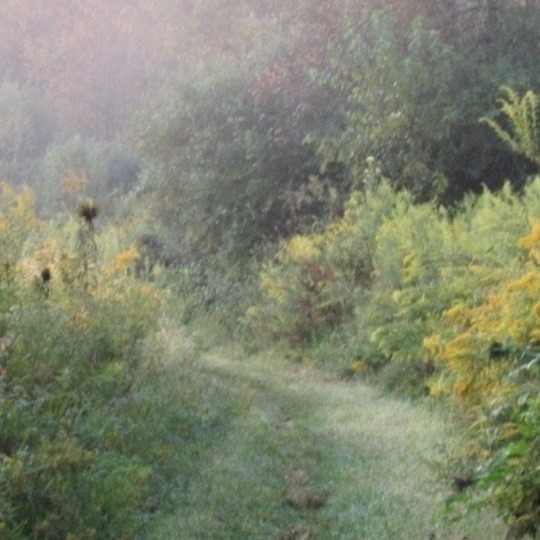
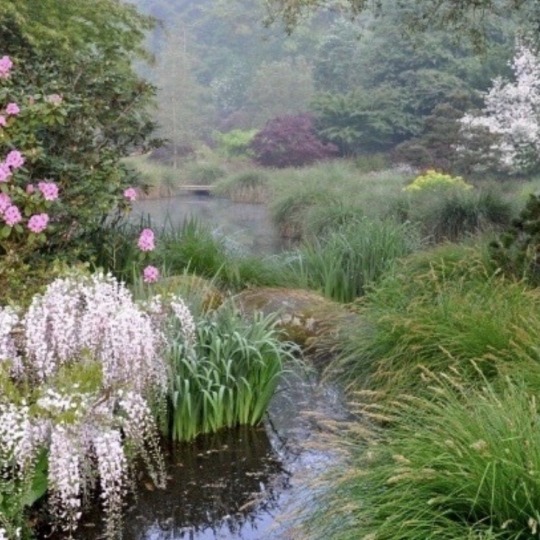


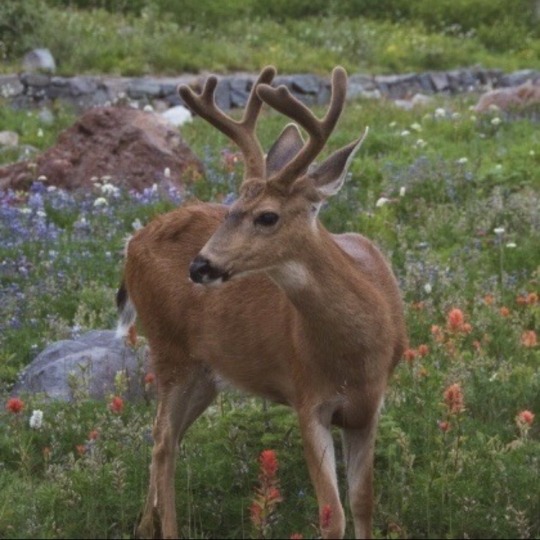
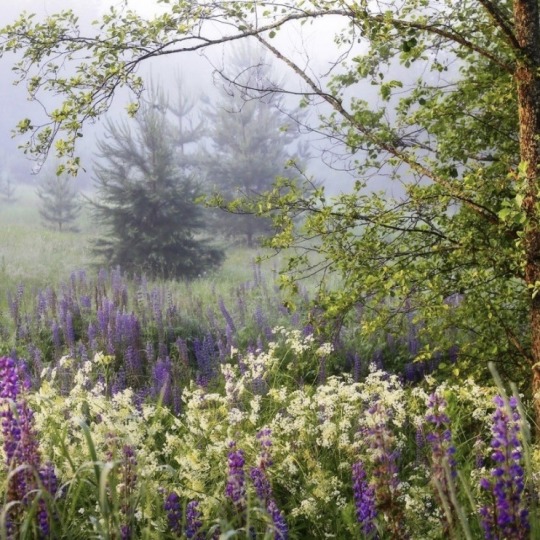

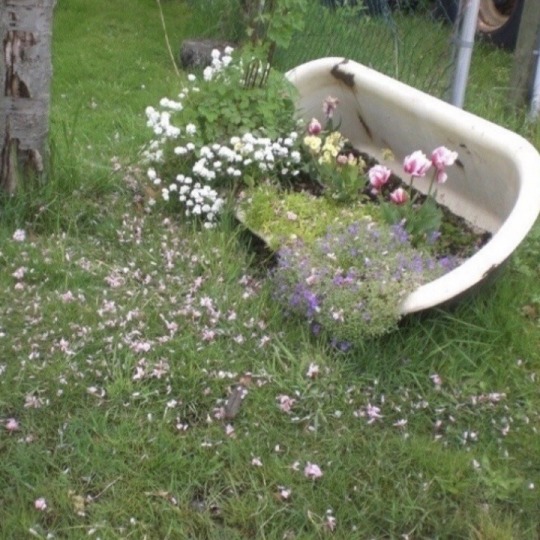
𝑚𝑦𝑠𝑡𝑖𝑐𝑎𝑙 𝑓𝑜𝑟𝑒𝑠𝑡 𝑣𝑖𝑏𝑒𝑠 ⋆ ✬. ✩
#I often come back to these pics cus I just love ‘em so much#they tell a note by themselves but poetry with each other <3#cottagecore#nature#naturecore#flowers#flowercore#warmcore#photography#cozycore#cosycore#fairy#fairycore#forest#forestcore#foggy#deer#animals#abandoned#fairy aesthetic#faecore#misty#fog#moodboard
3K notes
·
View notes
Text
The sixth day of my Winter holiday haiku celebration draws to a close even as the life of this old tree proudly portrays it's dying days. This photograph is also from my ski trip the other day.
Fragment of the past
Splintered yet proud, you stand tall
Monument to change.
Photo and poem © Ælfhild Astrædottir 2022

#haiku#poetry#original haiku#original poetry#winter poetry#original poem#winter poem#snag poetry#forest poetry#snowy forest#snowy forest photography#forest photography#snow photography#photo poetry#Ælfhild Astrædottir#indie author
0 notes
Text
None Of You Know What Haiku Are
I'm going to preface this by saying that i am not an expert in ANY form of poetry, just an enthusiast. Also, this post is... really long. Too long? Definitely too long. Whoops! I love poetry.
If you ask most English-speaking people (or haiku-bot) what a haiku is, they would probably say that it's a form of poetry that has 3 lines, with 5, and then 7, and then 5 syllables in them. That's certainly what I was taught in school when we did our scant poetry unit, but since... idk elementary school when I learned that, I've learned that that's actually a pretty inaccurate definition of haiku. And I think that inaccurate definition is a big part of why most people (myself included until relatively recently!) think that haiku are kind of... dumb? unimpressive? simple and boring? I mean, if you can just put any words with the right number of syllables into 3 lines, what makes it special?
Well, let me get into why the 5-7-5 understanding of haiku is wrong, and also what makes haiku so special (with examples)!
First of all, Japanese doesn't have syllables! There's a few different names for what phonetic units actually make up the language- In Japanese, they're called "On" (音), which translates to "sound", although English-language linguists often call it a "mora" (μ), which (quoting from Wikipedia here) "is a basic timing unit in the phonology of some spoken languages, equal to or shorter than a syllable." (x) "Oh" is one syllable, and also one mora, whereas "Oi" has one syllable, but two moras. "Ba" has one mora, "Baa" has two moras, etc. In English, we would say that a haiku is made up of three lines, with 5-7-5 syllables in them, 17 syllables total. In Japanese, that would be 17 sounds.
For an example of the difference, the word "haiku", in English, has 2 syllables (hai-ku), but in Japanese, はいく has 3 sounds (ha-i-ku). "Christmas" has 2 syllables, but in Japanese, "クリスマス" (ku-ri-su-ma-su) is 5 sounds! that's a while line on its own! Sometimes the syllables are the same as the sounds ("sushi" is two syllables, and すし is two sounds), but sometimes they're very different.
In addition, words in Japanese are frequently longer than their English equivalents. For example, the word "cuckoo" in Japanese is "ほととぎす" (hototogisu).
Now, I'm sure you're all very impressed at how I can use an English to Japanese dictionary (thank you, my mother is proud), but what does any of this matter? So two languages are different. How does that impact our understanding of haiku?
Well, if you think about the fact that Japanese words are frequently longer than English words, AND that Japanese counts sounds and not syllables, you can see how, "based purely on a 17-syllable counting method, a poet writing in English could easily slip in enough words for two haiku in Japanese” (quote from Grit, Grace, and Gold: Haiku Celebrating the Sports of Summer by Kit Pancoast Nagamura). If you're writing a poem using 17 English syllables, you are writing significantly more content than is in an authentic Japanese haiku.
(Also not all Japanese haiku are 17 sounds at all. It's really more of a guideline.)
Focusing on the 5-7-5 form leads to ignoring other strategies/common conventions of haiku, which personally, I think are more interesting! Two of the big ones are kigo, a season word, and kireji, a cutting word.
Kigo are words/phrases/images associated with a particular season, like snow for winter, or cherry blossoms for spring. In Japan, they actually publish reference books of kigo called saijiki, which is basically like a dictionary or almanac of kigo, describing the meaning, providing a list of related words, and some haiku that use that kigo. Using a a particular kigo both grounds the haiku in a particular time, but also alludes to other haiku that have used the same one.
Kireji is a thing that doesn't easily translate to English, but it's almost like a spoken piece of punctuation, separating the haiku into two parts/images that resonate with and add depth to each other. Some examples of kireji would be "ya", "keri", and "kana." Here's kireji in action in one of the most famous haiku:
古池や 蛙飛び込む 水の音
(Furu ike ya kawazu tobikomu mizu no oto)
(The old pond —
A frog jumps in
The sound of the water.)
You can see the kireji at the end of the first line- 古池や literally translates to "old pond ya". The "ya" doesn't have linguistic meaning, but it denotes the separation between the two focuses of the haiku. First, we are picturing a pond. It's old, mature. The water is still. And then there's a frog! It's spring and he's fresh and new to the world! He jumps into the pond and goes "splash"! Wowie! When I say "cutting word", instead of say, a knife cutting, I like to imagine a film cut. The camera shows the pond, and then it cuts to the frog who jumps in.
English doesn't really have a version of this, at least not one that's spoken, but in English language haiku, people will frequently use a dash or an ellipses to fill the same role.
Format aside, there are also some conventions of the actual content, too. They frequently focus on nature, and are generally use direct language without metaphor. They use concrete images without judgement or analysis, inviting the reader to step into their shoes and imagine how they'd feel in the situation. It's not about describing how you feel, so much as it's about describing what made you feel.
Now, let's put it all together, looking at a haiku written Yosa Buson around 1760 (translated by Harold G. Henderson)
The piercing chill I feel:
my dead wife's comb, in our bedroom,
under my heel
We've got our kigo with "the piercing chill." We read that, and we imagine it's probably winter. It's cold, and the kind of cold wind that cuts through you. There's our kireji- this translation uses a colon to differentiate our two images: the piercing chill, and the poet stepping on his dead wife's comb. There's no descriptions of what the poet is feeling, but you can imagine stepping into his shoes. You can imagine the pain he's experiencing in that moment on your own.
"But tumblr user corvidcall!" I hear you say, "All the examples you've used so far are Japanese haiku that have been translated! Are you implying that it's impossible for a good haiku to be written in English?" NO!!!!! I love English haiku! Here's a good example, which won first place in the 2000 Henderson haiku contest, sponsored by the Haiku Society of America:
meteor shower . . .
a gentle wave
wets our sandals
When you read this one, can you imagine being in the poet's place? Do you feel the surprise as the tide comes in? Do you feel the summer-ness of the moment? Haiku are about describing things with the senses, and how you take in the world around you. In a way, it's like the poet is only setting a scene, which you inhabit and fill with meaning based on your own experiences. You and I are imagining different beaches, different waves, different people that make up the "our" it mentioned.
"Do I HAVE to include all these things when I write haiku? If I include all these things, does that mean my haiku will be good?" I mean, I don't know. What colors make up a good painting? What scenes make up a good play? It's a creative medium, and nobody can really tell you you can't experiment with form. Certainly not me! But I think it's important to know what the conventions of the form are, so you can appreciate good examples of it, and so you can know what you're actually experimenting with. And I mean... I'm not the poetry cops. But if you're not interested in engaging with the actual conventions and limitations of the form, then why are you even using that form?
I'll leave you with one more English language haiku, which is probably my favorite haiku ever. It was written by Tom Bierovic, and won first place at the 2021 Haiku Society of America Haiku Awards
a year at most . . .
we pretend to watch
the hummingbirds
Sources: (x) (x) (x) (x) (x) (x)
Further reading:
Forms in English Haiku by Keiko Imaoka
Haiku: A Whole Lot More Than 5-7-5 by Jack
How to Write a Bad Haiku by KrisL
Haiku Are Not a Joke: A Plea from a Poet Who Has Had It Up to Here by Sandra Simpson
Haiku Checklist by Katherine Raine
#poetry#haiku#writing#literature#anime life#long post#i want to apologize but i had to get something off my chest#and the thing was. i love haiku#and when i see posts on here about haiku. i get so angy.#well ok i really get more disappointed bc nobody is really engaging with the form on its own terms#anyway i hope you enjoy some of my favorite haiku because theyre in there!!!!!#i didnt really get into the history of haiku. and i also did not get into why i got really into it#but i will say that i was really inspired by Jacob Geller's video A Thousand Ways of Seeing a Forest#which is a lot about translation#(which i mean. as an interpreter AND a poetry-enjoyer. really appealed to me lol)
10K notes
·
View notes
Text
#cottegecore#aesthetic#dark academia#farm#farmcore#nature#baby animals#animals#light academia#photography#photoshoot#photooftheday#love#forest#art#bunny#cute animals#landscape#poem#poetry#spilled ink#frases#frasi italiane#frasi brevi#frasi vere
1K notes
·
View notes
Text
There's something so wholesome about the fact that Mario told Princess Peach– a beautiful, beloved protector– Luigi's name long before his own, while Luigi told Bowser– a terrifying, threatening tyrant– his own name with little provocation while Mario's had to be violently forced out of him.


Like, they really do be putting each other first, even in the subtlest of ways.
#it's like poetry it rhymes#Mario Movie#Super Mario Bros#Super Mario Brothers#Mario#Luigi#I don't think Peach even KNEW Mario's name until Toad greeted him in the mushroom forest which is kinda hilarious#getting to know each other was so low on their list of priorities at the beginning of the movie
463 notes
·
View notes
Text
i want to be loved but in a sea salt, surfing, windswept hair kind of way. i want to be loved but in a gloomy, green, forest kind of way. i want to be loved but in a sunshine on bedsheets, steam from hot cups of tea kind of way. i want to be loved but in an i am open to you kind of way, not in the closed off, afraid way i have of loving myself.
#poetry#poem#poet#sea salt#sea#ocean#forest#forest nymph#forest poetry#sea poetry#love#lovers#loved#wlw#lesbian#bisexual#tea#love myself#self love#relationships#relationship poetry#wlw poetry#sunshine#sunshine poetry#writer#writers#reader#readers#writers of tumblr#surfing
28 notes
·
View notes